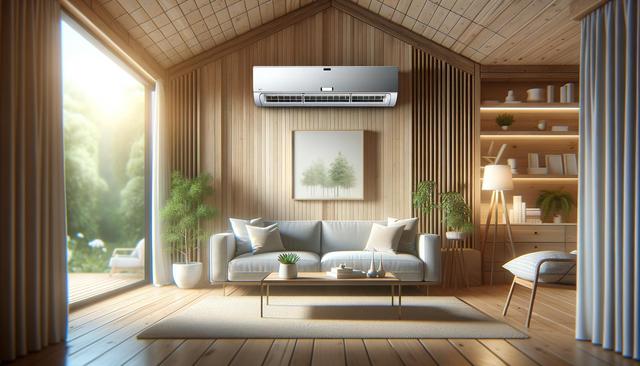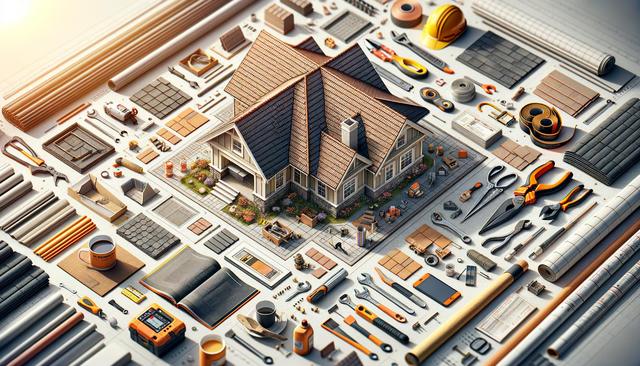How Air Conditioners Impact Your Energy Bills
Air conditioners are essential for maintaining a comfortable indoor environment, but they can also significantly affect your energy expenses. If you’ve ever wondered how much does it cost to run an air conditioner, the answer depends on several factors, including the unit’s size, energy efficiency rating, regional electricity costs, and how often it runs. On average, running a central AC system can cost anywhere from $50 to over $200 per month during peak seasons. Window units or portable ACs tend to be cheaper but may not be sufficient for larger spaces.
To better manage utility bills, consider these tips:
- Use programmable thermostats to control temperature based on your schedule.
- Ensure proper insulation to prevent cool air from escaping.
- Maintain your unit regularly to keep it running efficiently.
Investing in high-efficiency models may involve a higher upfront cost but can result in long-term savings through lower monthly bills.
Recognizing Signs Your AC Is Wasting Energy
Not all energy waste is immediately noticeable, but there are clear signs your AC is wasting energy. Identifying these can help you take corrective action before your energy bills skyrocket. One of the most common signs is uneven cooling across rooms, which may indicate duct leaks or a struggling compressor. Another tell-tale sign is increased humidity levels indoors despite the AC running, suggesting poor dehumidification performance.
Other indicators include:
- Frequent cycling on and off, which may point to an oversized or malfunctioning unit.
- Strange noises or odors coming from the system.
- Sudden spikes in electricity bills without changes in usage patterns.
Addressing these issues promptly can improve system efficiency and reduce unnecessary energy consumption.
When Should You Replace Your AC Unit?
Deciding when should you replace your AC unit isn’t always straightforward. Many homeowners hold onto aging systems in hopes of avoiding the cost of replacement, but this can be counterproductive over time. Most air conditioners have a lifespan of 10 to 15 years. If your unit is reaching or surpassing this range, you might consider a replacement, especially if it requires frequent repairs or no longer cools effectively.
Other reasons to consider replacing an AC unit include:
- Incompatibility with modern thermostats or smart home systems.
- Use of outdated refrigerants that are being phased out.
- Noticeably increased energy consumption compared to newer models.
Newer units often come with improved energy ratings and environmentally friendly refrigerants, which contribute to long-term efficiency and sustainability.
Common AC Repair Scams to Avoid
When your AC breaks down, it can be tempting to call the first technician available—but caution is advised. There are several common AC repair scams to avoid, especially during peak seasons when demand is high. One frequent scam involves technicians recommending unnecessary replacements of major components, even when minor repairs would suffice. Another involves quoting unusually low service fees upfront, only to inflate the final bill with hidden charges.
To protect yourself, follow these best practices:
- Get multiple opinions or quotes before agreeing to major repairs or replacements.
- Check reviews and verify credentials of the repair service.
- Avoid high-pressure sales tactics or limited-time offers designed to rush your decision.
Staying informed and asking questions can help you navigate repair services confidently and avoid being taken advantage of.
Maintenance Tips for Long-Term AC Efficiency
Regular maintenance is key to ensuring your air conditioner operates efficiently and lasts as long as possible. Simple actions like cleaning or replacing air filters every 1 to 3 months can make a significant difference. Dirty filters restrict airflow and force your system to work harder, leading to increased energy use and potential system wear.
Other maintenance tasks include:
- Inspecting and cleaning the condenser coils annually.
- Checking refrigerant levels and ensuring there are no leaks.
- Clearing debris from around outdoor units to promote airflow.
- Scheduling professional tune-ups at least once a year.
Preventive maintenance not only improves energy efficiency but also helps identify potential problems before they lead to costly repairs or system failure. It’s a proactive approach that ultimately saves money and enhances comfort.
Conclusion
Understanding how your air conditioning system works, recognizing inefficiencies, and staying ahead of maintenance can go a long way in keeping your home comfortable and energy bills manageable. Whether you’re trying to figure out how much does it cost to run an air conditioner or when should you replace your AC unit, staying informed empowers you to make smarter decisions. By avoiding common AC repair scams and noticing signs your AC is wasting energy early, you can ensure your system performs effectively for years to come.




Leave a Reply